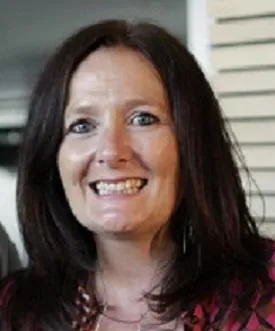
What are some of the challenges of being a woman in academia and have you seen any positive progress around these issues during your career?
Academic life can be very challenging for women given some deep-seated structural prejudices that favour those who can travel internationally to attend conferences and/or conduct research overseas, take-up visiting positions abroad, and work long hours. For those with parental and caring responsibilities these challenges can present major barriers. For too long, maternity leave can create ‘gaps’ in women’s research trajectories which can be viewed as a failure to perform consistently over time.
Whether women have parental or caring roles or not, female academics often get channeled into student-facing roles and teaching-oriented administrative posts that have traditionally and incorrectly been accorded less value within promotion structures, yet which keep most academic departments functioning. This then means that women publish less, have less time for external and international networking, and for applying for fewer large research grants. They also get paid less than men. Rather depressingly, there is also evidence that even within teaching, women are often evaluated more negatively than their male counterparts.
Thankfully, things have changed since I began working in academia over 25 years ago. Speaking generally, maternity and caring leave are now treated much more seriously (and are generally excluded from sabbatical planning, for example – something it was not in the past); teaching and related activities are much more fully incorporated into promotion structures; esteem indicators are generally more flexible.
The gender pay gap within academia remains an issue and needs to be addressed, although King’s has done important work on this in recent years, with a focus on professorial levels. Also, external evaluation systems such as REF are also actively trying to take Equality, Diversity and Inclusion into account and much more seriously.
On a personal note, I recall a previous REF when I had had two periods of maternity leave and worked part-time for some of the eligible period, yet I was still asked to submit the full requisite number of publications. I wasn’t forced to do this, but I remember thinking it seemed unfair, as it did not seem like a level playing field. Things can change, as I now sit on the national Geography REF panel which has actively attempted to recruit more balanced numbers of female academics and those from BAME backgrounds.